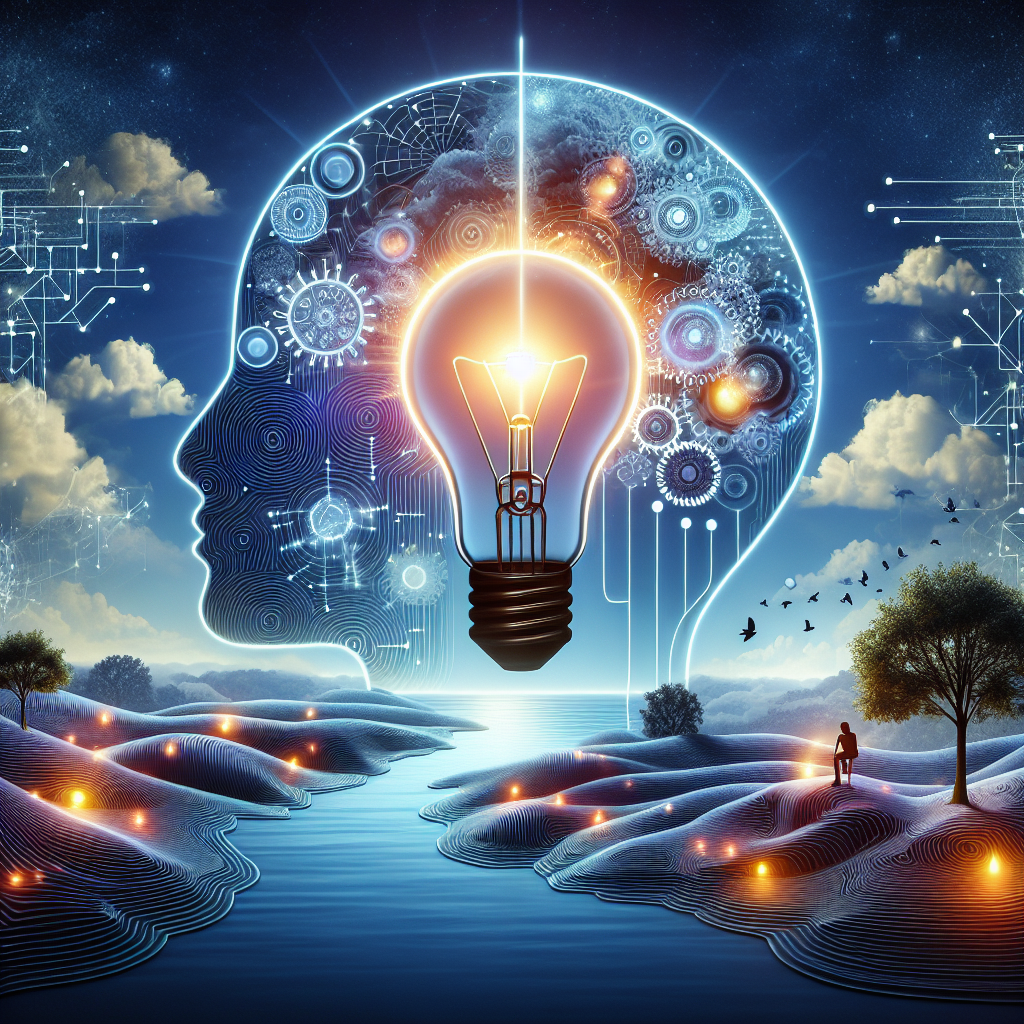The Potential of AI in Mental Health Treatment
Mental health disorders are a growing concern worldwide, with an estimated one in four people experiencing a mental health issue at some point in their lives. The traditional approach to mental health treatment often involves therapy and medication, but with the advancements in technology, there is a growing interest in the potential of artificial intelligence (AI) to revolutionize mental health treatment.
AI has the potential to transform the way mental health disorders are diagnosed, treated, and managed. From chatbots that provide therapy to algorithms that analyze speech patterns for signs of depression, AI is being used in a variety of ways to improve mental health outcomes.
One of the key benefits of using AI in mental health treatment is its ability to provide personalized care. By analyzing vast amounts of data, AI algorithms can identify patterns and trends in a person’s behavior and tailor treatment plans to their specific needs. This can lead to more effective and efficient treatment, as well as better outcomes for patients.
AI can also help bridge the gap in access to mental health care. In many parts of the world, there is a shortage of mental health professionals, leading to long wait times for appointments and limited access to care. AI-powered chatbots and apps can provide support and guidance to those in need, offering a convenient and cost-effective alternative to traditional therapy.
Another area where AI shows promise in mental health treatment is in early detection and prevention. By analyzing data from wearable devices and social media platforms, AI algorithms can identify early warning signs of mental health disorders and intervene before the symptoms become severe. This proactive approach can help reduce the burden on the healthcare system and improve outcomes for patients.
Despite the potential benefits of AI in mental health treatment, there are also challenges and concerns that need to be addressed. One of the main concerns is the ethical implications of using AI in mental health care. There are concerns about privacy, data security, and the potential for bias in AI algorithms, which could lead to inaccurate diagnosis and treatment recommendations.
There are also concerns about the impact of AI on the doctor-patient relationship. While AI can provide valuable insights and support, it cannot replace the human connection that is essential in mental health treatment. It is important for healthcare providers to strike a balance between using AI as a tool to enhance care and maintaining the human touch that is crucial in mental health treatment.
Despite these challenges, the potential of AI in mental health treatment is vast. With continued research and development, AI has the potential to revolutionize the way mental health disorders are diagnosed, treated, and managed, leading to better outcomes for patients and a more efficient healthcare system.
FAQs:
Q: How is AI being used in mental health treatment?
A: AI is being used in a variety of ways in mental health treatment, including providing personalized care, improving access to mental health services, and early detection and prevention of mental health disorders.
Q: What are some of the benefits of using AI in mental health treatment?
A: Some of the benefits of using AI in mental health treatment include personalized care, improved access to mental health services, and early detection and prevention of mental health disorders.
Q: What are some of the challenges of using AI in mental health treatment?
A: Some of the challenges of using AI in mental health treatment include ethical concerns, privacy issues, and the potential impact on the doctor-patient relationship.
Q: How can healthcare providers balance the use of AI in mental health treatment with the human touch?
A: Healthcare providers can balance the use of AI in mental health treatment with the human touch by using AI as a tool to enhance care while maintaining the human connection that is essential in mental health treatment.

